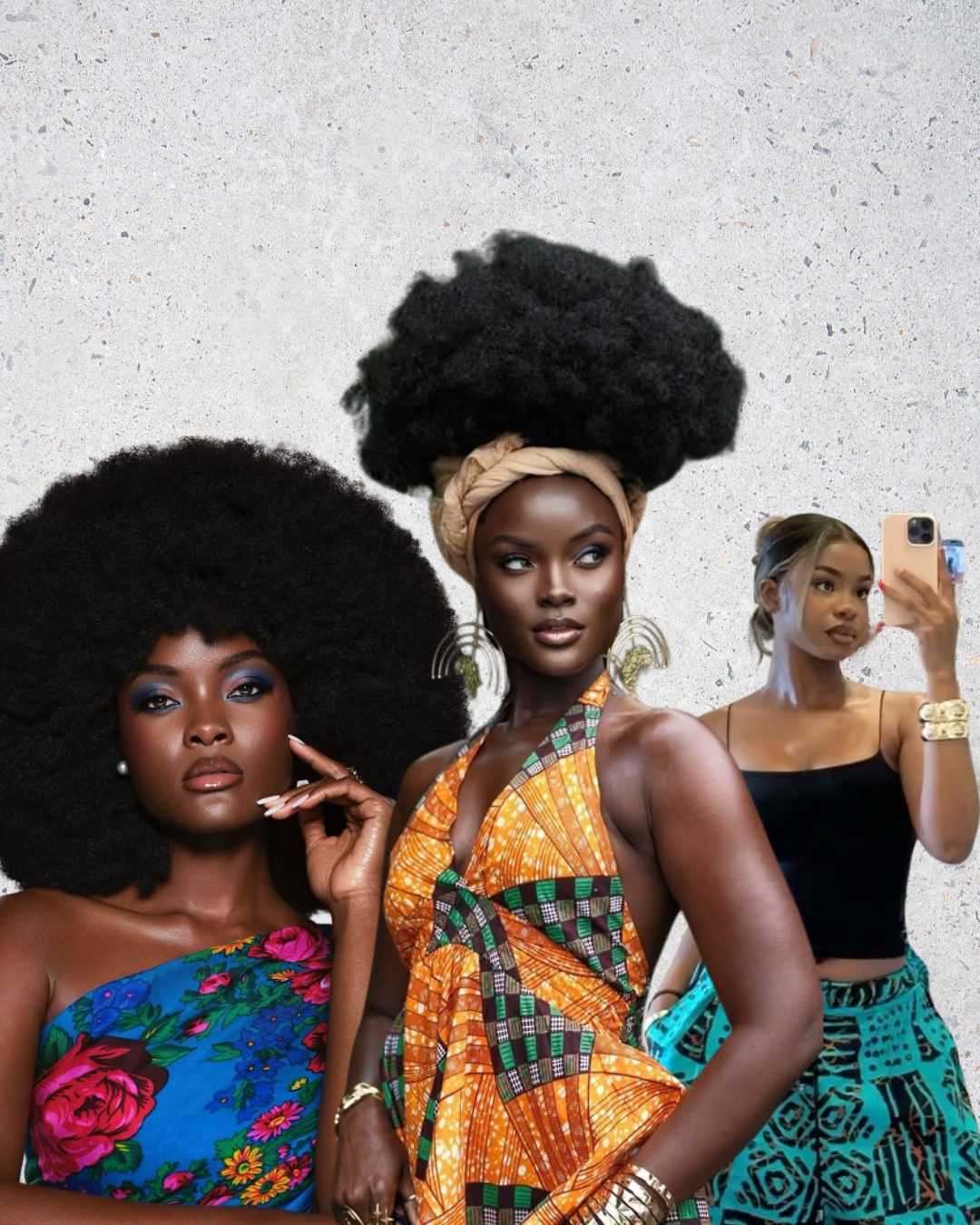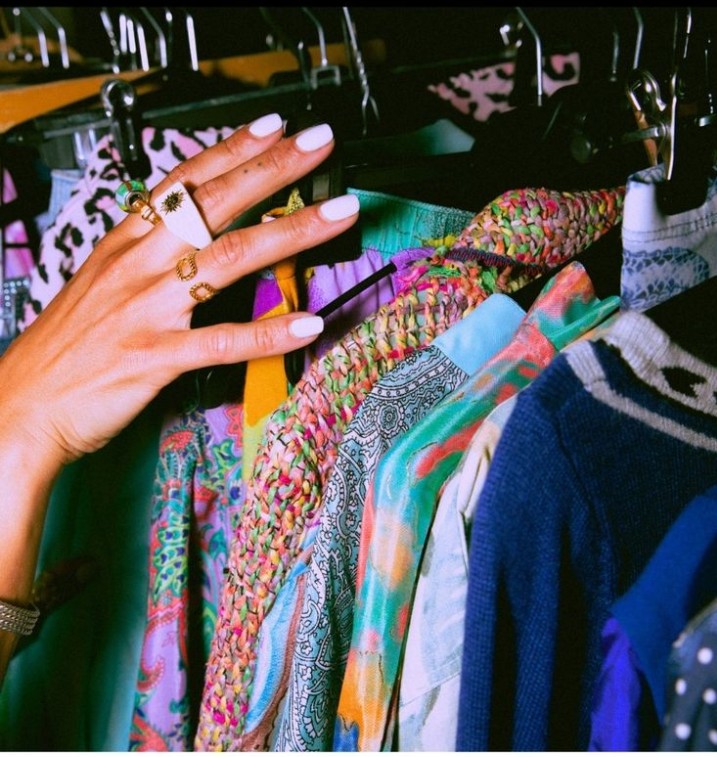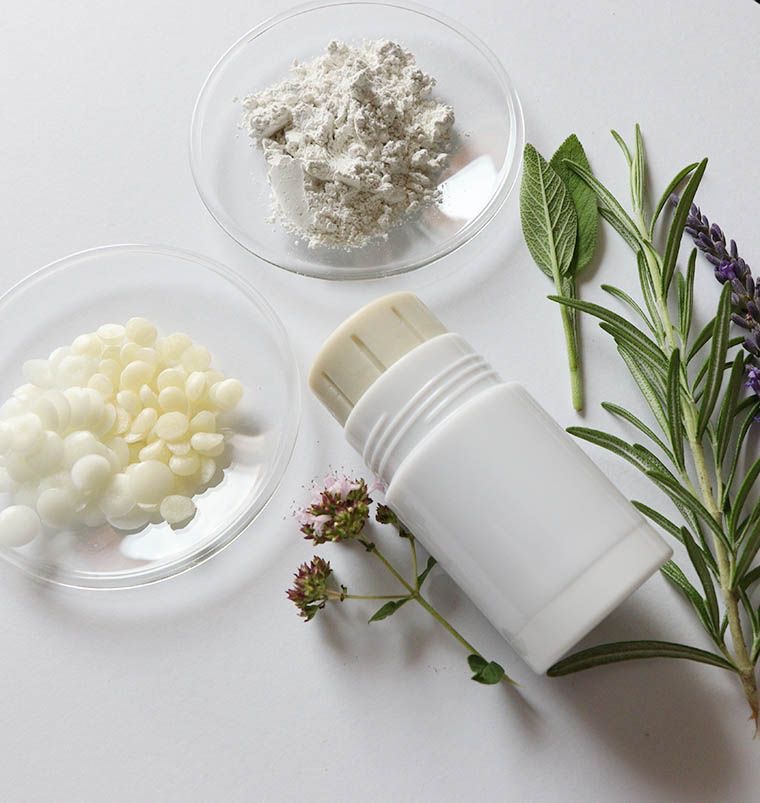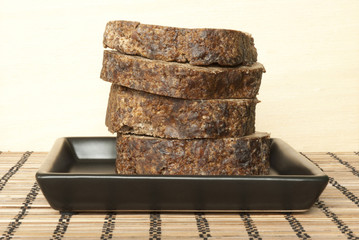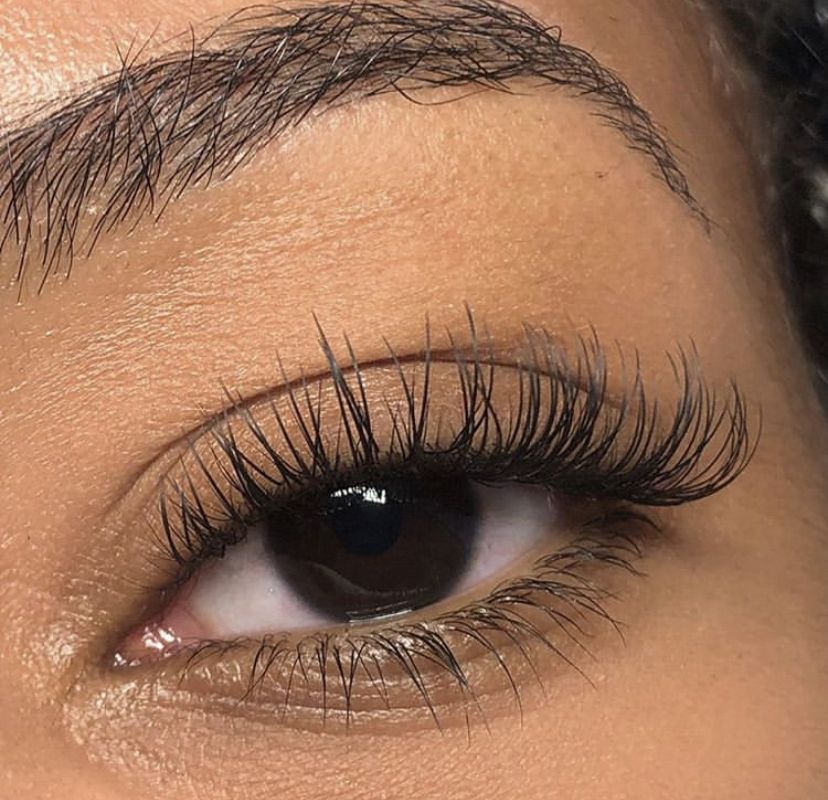There’s absolutely no denial that our world is greatly influenced and dominated by Eurocentric and Western trends. As a result, African style often sits in the background, quietly regal, yet sidelined as “too much” for the everyday look. In other words, we lay aside African fashion for occasional moments. We embrace it on Independence Day, at owambes, at cultural celebrations, and then tuck it away when it’s time to “look normal” again.
But African fashion goes beyond costumes. It’s a deep part of our culture. It reflects our identity. And it deserves a front seat at the modern style table.
The question is, how does one infuse African style to the everyday look in a modern world? How do you bring African essence into your wardrobe without looking like you just stepped off a Nollywood movie set—unless that’s the vibe, of course?
Here’s how to inculcate a bold, African spirit into your everyday appearance—effortlessly.
1. Start Small With Accessories
The easiest way to begin dressing more African is through accessories. These are the statement-makers that instantly make simple outfits appear rooted in culture. And trust—African accessories do not whisper, they speak.
- Ankara earrings: Opt in for hoops, studs, or fringe drops that have an African imprint. Ankara earrings are the perfect gateway into Afro-modern style. They’re vibrant, bold, and unapologetic—just like the continent that inspires them.
- Beaded jewelry: Maasai bead necklaces, Zulu-inspired chokers, Fulani earrings—they all pass strong messaged and can be layered into your everyday look. Good thing is that they always fit, even if you’re rocking jeans or a power suit.
- Headwraps (gele, duku, turban): Headwraps are extremely distinct. They’re crowns. They add drama, depth, and heritage to any look—and they’re as versatile as they are powerful. Tie them high, wrap them low, or just let them sit casually on a bad hair day turned fashion moment.
See Also: These 7 African Luxury Brands Are Taking the Runway by Storm
2. Ankara, Kente, Dashiki—Meet Denim, Blazers & Sneakers
African prints no longer have to live in full regalia at traditional ceremonies. These prints are ready to mix, match, and live in the everyday.
- Ankara trousers or skirts with a white shirt: Take a structured Ankara pant with flare or pleats and pair it with a crisp white shirt. You’ve got a business-casual look that screams global cool, with roots deep in the motherland.
- Kente bomber jackets: Streetwear meets tradition. Throw it over a black tee, denim jeans, and trainers. Now that’s heritage with swagger.
- Dashiki with sneakers: The traditional dashiki top isn’t just for themed parties. Paired with skinny jeans and a pair of fresh white kicks, it’s a whole mood.
Modern African fashion is about merging, not masking. Take traditional textures, bold colors, and native silhouettes, and remix them with global staples. The result? A look that’s undeniably African, effortlessly current.
3. Embrace African Fabrics
African fabrics reflects our history woven into style. Incorporating them isn’t just about aesthetics, it’s about wearing legacy.
- Aso Oke bags, mudcloth clutches, bogolanfini wraps—these are rooted in community, tradition, and often handmade excellence. Let your accessories be conversation starters.
- Indigo-dyed fabrics from Mali, tie-and-dye from Nigeria, batik from Ghana—these don’t just match your outfit. They reflect artistry passed down through generations.
Choosing these fabrics not only enhances your wardrobe—it supports African artisans and keeps dying crafts alive.
4. Embrace Your Natural Hair
There’s no talking about looking African without acknowledging the crown: the hair.
From braids to locs to afros to bantu knots, African hair speaks its own language. Wearing it natural is a powerfull statement of self-love in a world that often tells Black women to tame or hide their roots.
Even if relaxed or straightened, incorporating African styles like cornrows, threading, or twists keeps the look rooted. Plus, once in a while, go with all that African drama. Pair that with your modern fit and you’re no longer just dressing African—you’re embodying it.
Why Is The love For Wigs At The Expense Of Our Natural Hair?
5. Be Bold With The Colors
Western fashion tends to play it safe: black, grey, navy, beige. But African fashion? It thrives on bold.
Want to dress more African? Embrace the color.
- Pair a bright yellow Ankara top with royal blue jeans.
- Wear an emerald green headwrap with a mustard blouse.
- Mix two prints—yes, two!—as long as they share a similar base color.
African fashion doesn’t fear being “too much.” That’s a Western anxiety. Looking African means honoring vibrancy. Celebrating noise. Being seen.
6. Don’t Just Wear Africa—Know It
Wearing African isn’t only about aesthetics—it’s also about context.
Know where your prints come from. Know the difference between Kente (woven from Ghana) and Ankara (a Dutch-influenced wax print popular across West Africa). Understand why some patterns were historically reserved for royalty, or the symbolism of some popularly worn African accessories.
When you wear these elements with understanding, you’re not just styling yourself—you’re respecting a heritage.
7. Be Confident About Your Style
Looking African isn’t about costuming or accessorizing. It’s about showing up with a rootedness that speaks before you even open your mouth.
Confidence is you walking into a room and letting your Ankara blazer and bold earrings do the introduction. It’s about holding your head high in that headwrap. It’s about recognizing that you don’t have to dilute your culture to be modern—you are the moment.
Wearing African fashion isn’t about going back. It’s about bringing heritage forward, on your own terms, into your own style.
Final Word
Infusing African style to your everyday look doesn’t need a special occasion. It’s not reserved for weddings, funerals, or October 1st.
Wear it on a Wednesday. To brunch. To work. On the streets of London, Lagos, Nairobi, or New York.
Because looking African in today’s world is more than just fabric and flair. It’s about cultural fluency, fashion bravery, and the unshakable pride of knowing exactly where you come from.
And doing it all with style.

